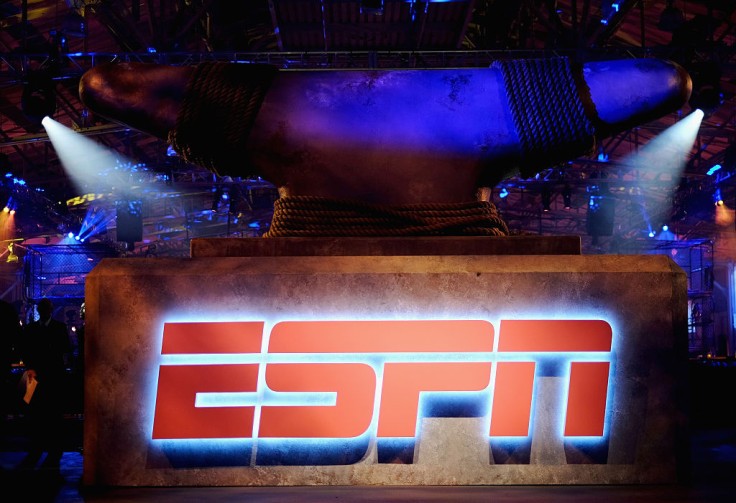ESPN is one of the most well-known and oldest sports channels in the US, and for a good reason. The channel is the most valuable sports channel in the country, earning $7.5 billion a month, per Out Kick.
Meanwhile, the NFL Network and FS1, the second and third most valuable sports network on the list, are far behind ESPN, with the former earning only $1.16 billion per month while the latter gets only $1.08 billion.
However, ESPN wasn't always this successful. In fact, a lot of cable operators were not confident that the channel would flourish and succeed.
Boy, were they so wrong about it.
Here is how ESPN rose from a struggling network into the behemoth we know today:
ESPN's Early Beginnings And Struggle

Like many things, ESPN started as an idea thought up by a person who wanted to pursue something in life. It all started in the mind of Bill Rasmussen, who was recently fired from his job as a sportscaster and publicist for the NHL's New England Whalers in Hartford, Connecticut, in May 1978, per ESPN Founder.
As time went on, the idea festered within Rasmussen's mind until August 1978, he and his son, Scott Rasmussen, came up with the idea of a "revolutionary television idea" while stuck in a traffic jam on Interstate 84 outside Waterbury.
According to Mental Itch, Rasmussen was dead-set on forming a cable sports channel, which he originally saw as a way to cover regional sports events, especially in Connecticut.
When Rasmussen eventually established ESPN, initially called ESP Network at the time, representatives of cable operators gave him and his son a less than promising response at a press conference.
Although cable operator representatives mentioned that the ESP network would falter and go bankrupt soon, Rasmussen went ahead and incorporated the network during the summer of 1978, establishing its headquarters in Bristol, Connecticut.
Read More : Google Pixel Gets First Android 13 Patch — Does it Fix Wireless Charging, Battery Drain Issues?
Rasmussen would later recount in a Forbes interview how they eventually chose to broadcast the network's footage through satellite. According to the interview, Rasmussen followed a suggestion that he should have the network air by satellite, calling an RCA sale representative to discuss satellite packages.
"When Scott went over the pricing structure, he realized the 24-hour package was the best option," Rasmussen recounted. "Of course, we didn't have any money, but I called the man from RCA the next day and said, 'We'll take one of those things (satellite transponders).' 'One of what things,' he asked. 'One of those 24 hour things.' He was surprised and said, 'you will?!!'"
Rasmussen then explained their fortune in regards to paying for the transponders and 24-hour package, saying that the RCA has a clause saying that they didn't have to make the first payment until 90 days after our first use of the satellite.
By Sept. 1979, the ESP Network, now known as ESPN, took to the air, streaming 24 hours of sports via satellite from Bristol, Connecticut. At this time, it secured initial investments through the network's purchase by Getty Oil Company, per Encyclopedia Brittanica.
The network was also able to get investments from Anheuser-Busch.
1979 was also the year when it began signing large advertising contracts and rebroadcasting contracts, with the NCAA being the first to enjoy ESPN's broadcasting services.
ESPN Now

Since its establishment in 1978, ESPN steadily grew into an international basic cable sports channel, broadcasting sports news, highlights, and commentary for the NBA, NFL, WNBA, NCAA, and even eSports.
The sports channel also has a streaming subscription service called ESPN+, per Business Insider. Subscribers can watch games and exclusive on-demand videos and access content previously from ESPN Insider.
However, the streaming service does not have access to the regular ESPN cable channel.
Related Article: #EntertainmentTech: 5 Spotify Tips and Tricks You Probably Didn't Know About









